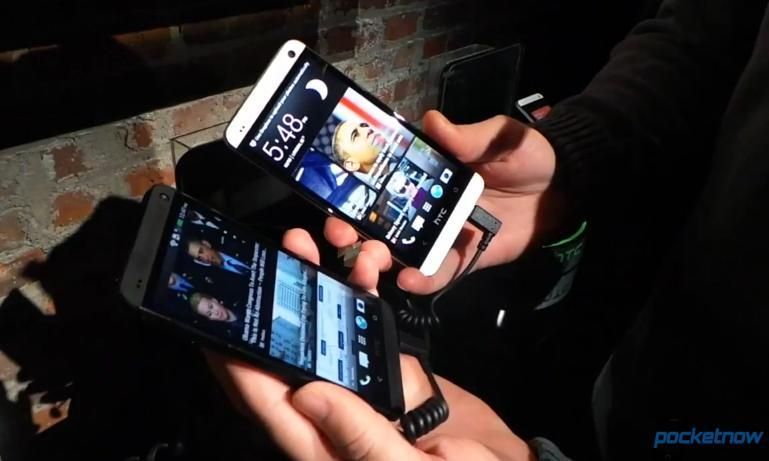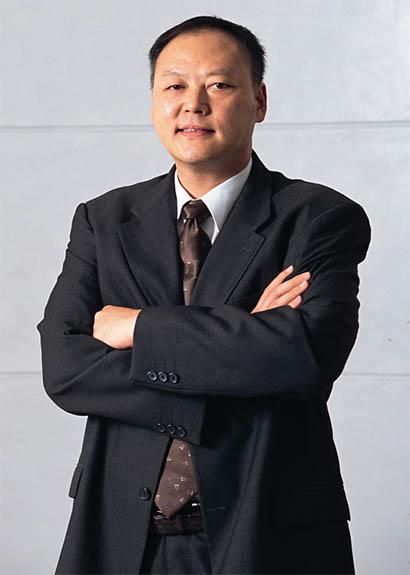Early last week, I caught wind of rumors that HTC was considering putting itself up for sale. While chairperson Cher Wang spoke out to deny the allegations, the reporter who spread news of this possibility continued to assert its veracity. I, for one, very much hope that HTC is telling the truth here and there’s nothing to this gossip, because in spite all the upsets it’s been through over the past couple years, now is very much not the time to sell.
On paper, I get it. HTC’s revenues are down, and while the One has been a moderate hit, it’s simply not allowing the company to pull in the money it did even a year ago. That said, there haven’t really been any big, specific failures to tarnish the brand – while the HTC First may have tanked, it feels more like that was Facebook’s fault than HTC’s – meaning that it might be tempting for someone to snatch up HTC for a song and try their own hand at rebuilding the brand.
But where this all starts falling apart for me is how HTC doesn’t seem particularly spooked by the predicament it finds itself in. Even when we heard those reports of employees abandoning the company en masse earlier this year, execs were quick to dismiss any panic as overblown, and insisted that the turnover wasn’t significantly above usual.
Then we hear statements from people like Cher Wang, talking enthusiastically about the company’s plans for the future and its special connection to Taiwan, and it sounds more and more unlikely that it could seriously be considering throwing in the towel.
Right now, HTC simply reeks of potential. It has the experience, it has talented designers and engineers, and its phones already enjoy a global presence. While it’s yet to fully turn itself around from its recent slump, it’s already shown some improvement, and unless it starts acting in some disastrous, completely unexpected manner, it feels like HTC might be able to slowly use that new momentum to – if not necessarily get back its old market share – get to a point where it can be comfortable with its sales.
But that’s only assuming we get another phone every now and then that does as well as the One. By stepping up its game in other areas, HTC could very well accelerate that comeback. We’ve talked over and over about Samsung finding the success it has thanks to its advertising prowess, and have eagerly been waiting to see if HTC might be able to do the same.
I’m glad I’m writing about this now, rather than a week ago, as we’ve finally got to see the start of HTC’s much anticipated Robert Downey Jr. campaign.
For the moment, it’s difficult to assess just how well this might pay off. What little we’ve seen is cute, quirky, and all sorts of entertaining, but there’s a big difference between ads that are merely interesting and those that get people to buy phones. By all accounts, this is just the start, with plenty more to come, so there’s still lots of time to see how this campaign matures.
I’m also intrigued by just what’s being said in the above spot. HTC keeps referencing change, and becoming anything users want it to be. That reinvention talk could be key to winning back users who might have used an HTC phone in years past, but drifted away for one reason or another – maybe because because all those Samsung ads were just too much to ignore – but I think I’m even more interested in learning where it’s going with that other business.
“HTC,” Jon Polito explains in the clip, “it’s anything you want it to be.” There’s a lot I could read into that, but more than extrapolating guesses about custom Moto -X-style hardware or new device sizes (more tablets, perhaps?), I see this as HTC’s appeal to smartphone users: HTC doesn’t want to bog you down with models no one asked for or features that will go unused – tell it what you’re looking for, and it will provide.
Of course, it’s easy to talk like that, while following-through is a different matter altogether, but HTC’s been through a lot. It has the experience by now to have a better than ever sense of what products users will respond to, and even when they don’t (again, like with the First), HTC isn’t putting all its eggs in one basket.
From everything I’m seeing, HTC is in this for the long haul, and I can’t wait to find out what it does next.


